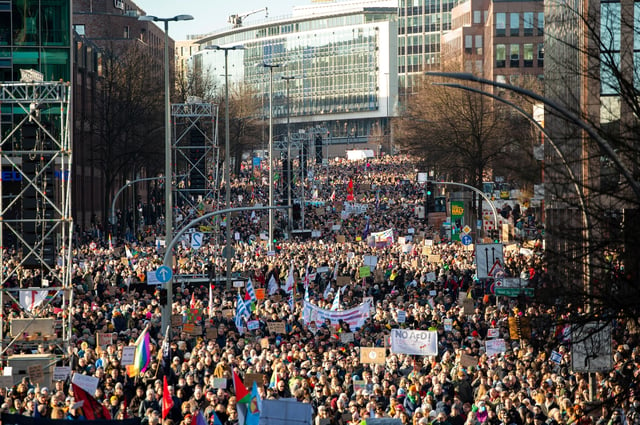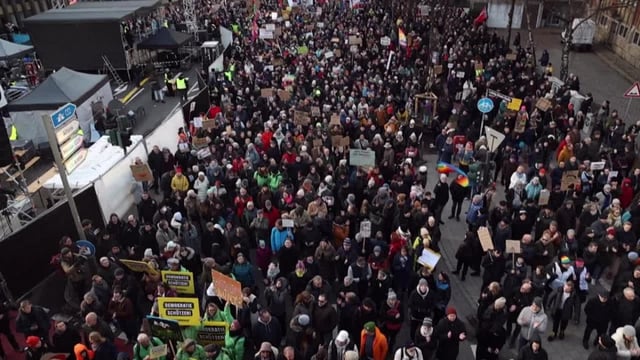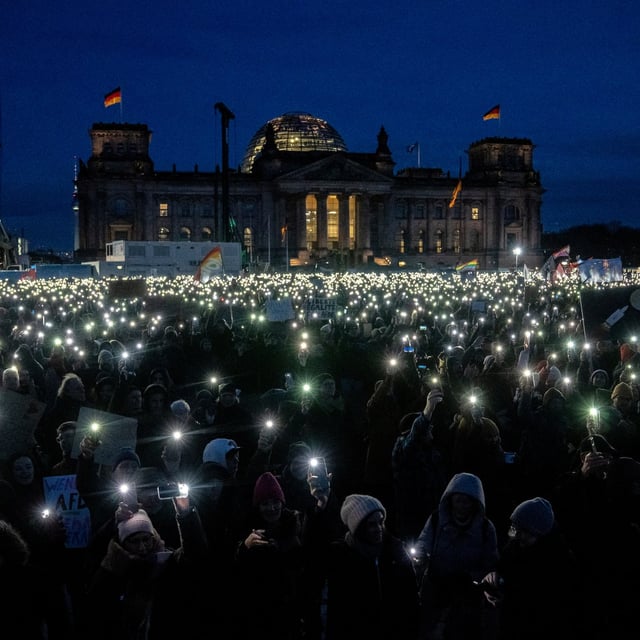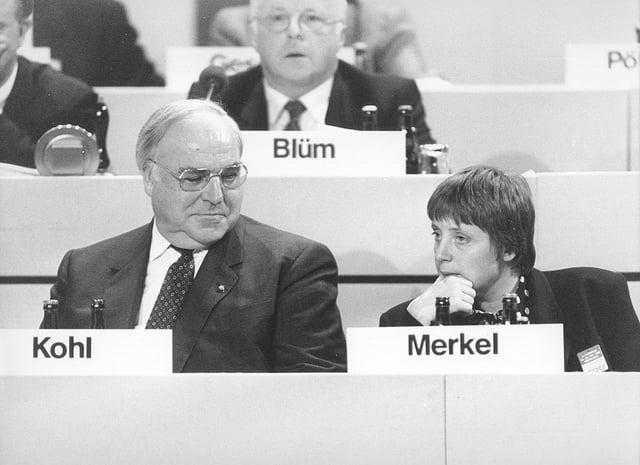Overview
- The Alternative for Germany (AfD), a far-right political party, has seen a surge in popularity, currently sitting at around 22% in opinion polls, making it the second most popular bloc in the country.
- The AfD has been involved in discussions about the mass deportation of immigrants and unassimilated German citizens, sparking large pro-democracy demonstrations across Germany.
- Despite the controversy, the AfD has gained 1,900 new members since the publication of a report by Correctiv, a non-profit investigative newsroom.
- In a recent regional election in Thuringia, the AfD candidate faced defeat despite having a strong lead before the election.
- Germany's domestic intelligence service has classified two branches of the AfD as confirmed extremist organizations, posing a potential threat to democracy.



